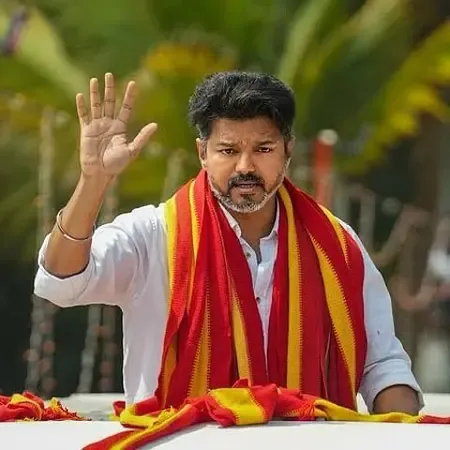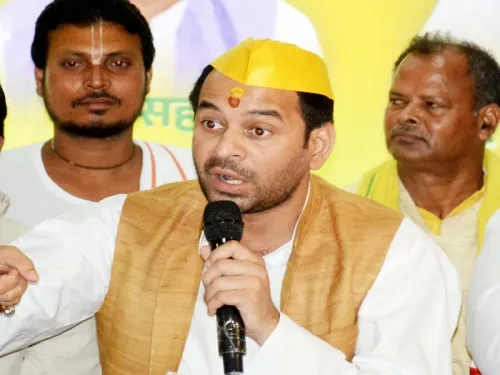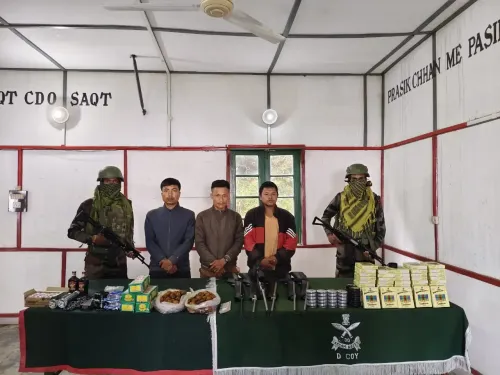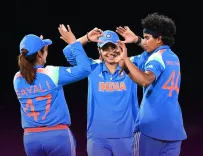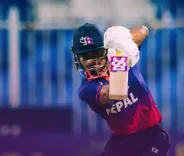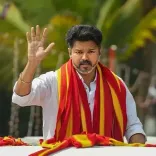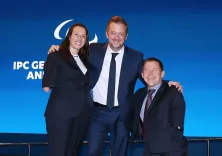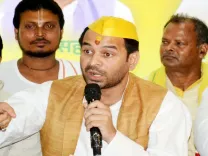Bangladeshi Delegation Visits Kolkata to Address Water Agreement and Assess Farakka Barrage Flow
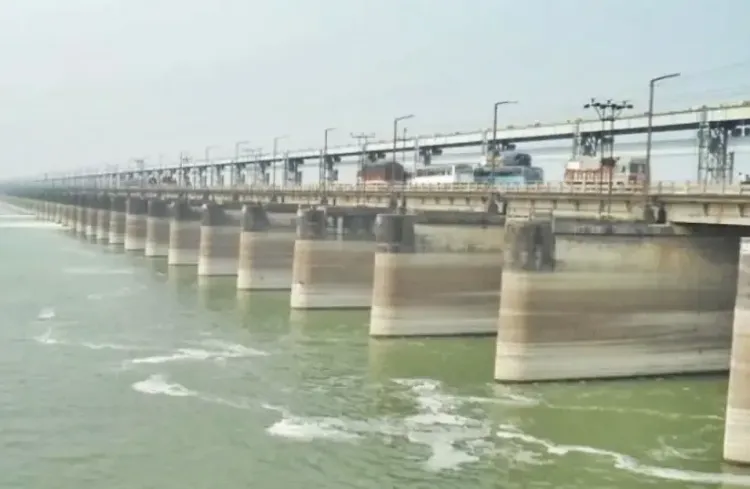
Synopsis
Key Takeaways
- An 11-member Bangladeshi delegation has arrived in Kolkata.
- The focus is on the Ganga-Padam water agreement.
- Inspection of the Farakka Barrage is underway.
- Concerns about the impact on West Bengal’s livelihoods were raised.
- A meeting on March 7 will discuss treaty renewals.
Kolkata, March 3 (NationPress) An 11-member delegation from Bangladesh, part of the Indo-Bangladesh Joint River Commission, has arrived in Kolkata on Monday to engage in discussions regarding the Ganga-Padam water agreement.
This team is set to evaluate the Farakka Barrage located in the Murshidabad district of West Bengal, focusing on reviewing the water flow from the Ganga on the Indian side and from Parma on the Bangladeshi side, as the Farakka Barrage is pivotal for water sharing between the two nations.
The delegation includes senior officials from the Union Jal Shakti Ministry who are participating in the inspection.
A meeting regarding this matter is scheduled for March 7 at a hotel in Kolkata, where representatives from both neighboring countries will convene.
Sources indicate that the renewal of the Farakka Water Treaty will be discussed, along with important topics surrounding the Teesta Water Accord. The renewal of the Farakka Water Treaty is anticipated in 2026.
West Bengal Chief Minister Mamata Banerjee has expressed her concerns regarding both the Farakka Water Treaty and the Teesta Water Accord. In June of the previous year, she wrote to Prime Minister Narendra Modi, urging him to consult the state government before making significant decisions regarding these two agreements.
In her correspondence, she stated that the Farakka Water Treaty outlines the principles of water sharing between Bangladesh and India and holds substantial implications for the livelihoods of West Bengal's people. She asserted that the water diverted at the Farakka Barrage is essential for maintaining the navigability of Kolkata Port.
Regarding the proposed Teesta Water Sharing accord, the Chief Minister highlighted that any collaboration between India and Bangladesh would significantly affect the livelihoods of people in North Bengal, especially as the health of the river has already been compromised by hydroelectric projects in Sikkim.

